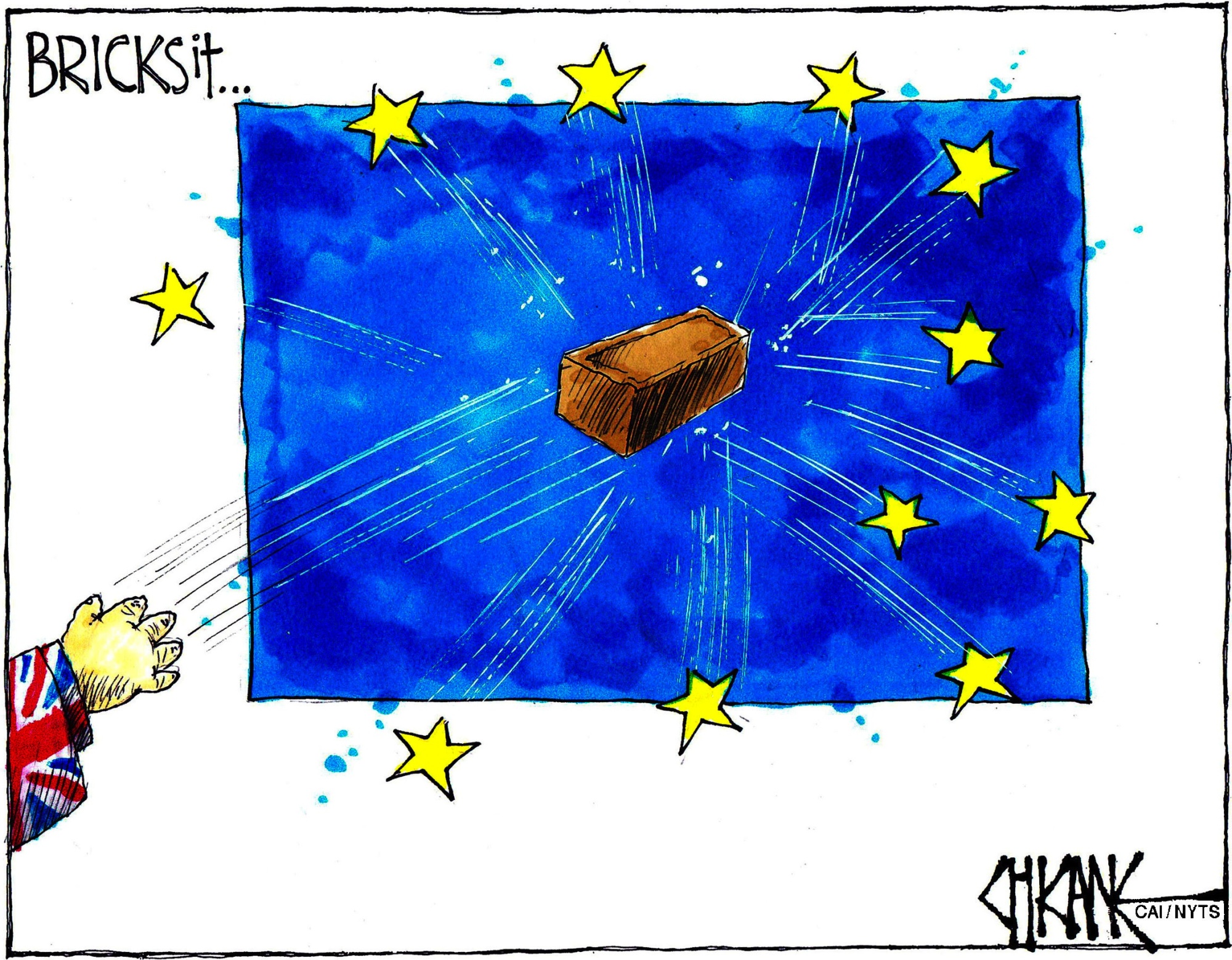Europe will look quite different after Brexit. This is because forces are at work internationally and globally that are changing the whole pattern of European collaboration, just as there are forces at work, starting long before Donald Trump, which are changing the place and influence of the United States in the new global network.
Brexit, like the Trump event, is only part of an on-going transformation. And the chief feature of this, to oversimplify but summarize, is that in the digital and largely post-Western age the old ideas of strength through size and central control no longer operate. Pushing together, or integration, or grand one-size-fits-all policymaking — to achieve mass and weight — becomes not just impractical but unnecessary and highly inefficient.
This is demonstrated with particular vividness, and some virulence, by the refusal of many European Union member states to go along with Brussels-commanded policies for handling the ever-growing refugee and migrant crisis. National and local democratic voices have simply rejected the attempt by the higher authority of the central EU hierarchy to impose quotas on refugees to be admitted. All this is set to get very much worse.



















With your current subscription plan you can comment on stories. However, before writing your first comment, please create a display name in the Profile section of your subscriber account page.